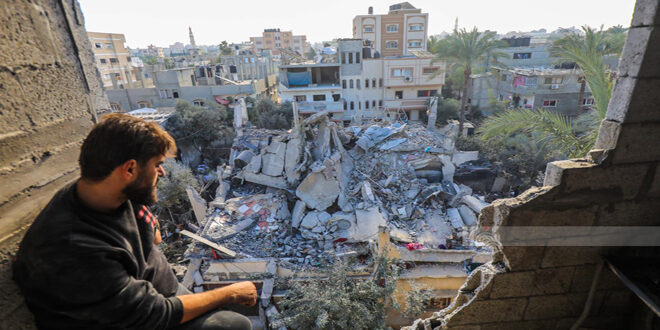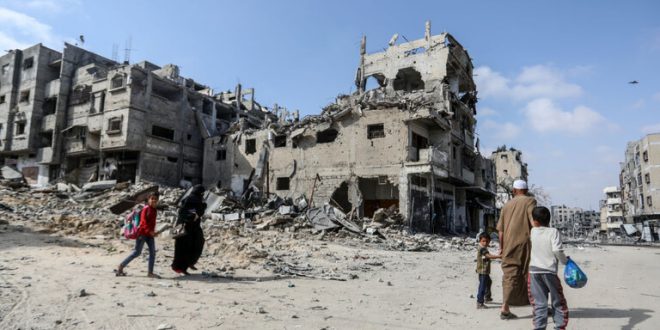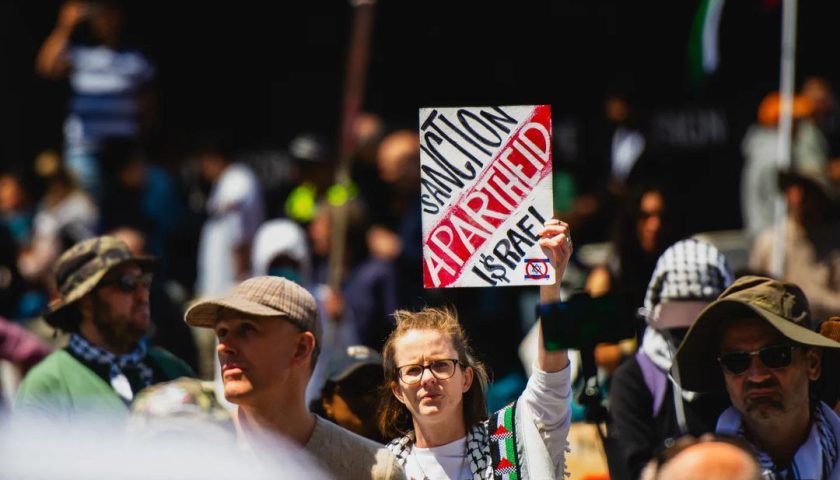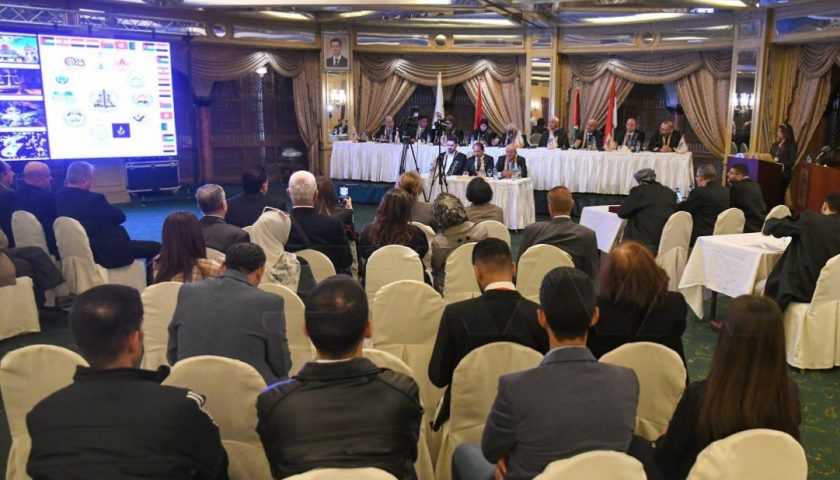البيان القانوني رقم 10 بشأن العدوان على المستشفيات في لبنان وغزة
ويقوم العدو الصهيوني بمضايقة المستشفيات والمراكز الطبية في لبنان، كما قام بتخريب المستشفيات في غزة. واستهدفت طائراتها الحربية مدخل مستشفى رفيق الحريري في بيروت، ما أدى إلى استشهاد وجرح العشرات من المواطنين. وقصفت المباني المجاورة لمستشفى بهمن وحاولت تدمير مستشفى الساحل بدعوى أن حزب الله يخفي أمواله تحتها.
legal Statement No. 10 Regarding the Aggression Against Hospitals in Lebanon and Gaza
The Zionist enemy is harassing hospitals and medical centers in Lebanon, as it has also vandalized hospitals in Gaza. Its warplanes have targeted the entrance of Rafik Hariri Hospital in Beirut, killing and injuring dozens of citizens. It has bombed buildings adjacent to Bahman Hospital and attempted to destroy Al-Sahil Hospital, claiming that Hezbollah hides its funds beneath it.
These actions and attempts constitute a violation of international conventional and customary law. Since the second half of the nineteenth century, agreements have continued to be concluded prohibiting the targeting of stationary and mobile health facilities, and these provisions have continued to evolve to this day.
Regarding the protection of health centers, the “Geneva Convention of 1864 for the Improvement of the Condition of Wounded Soldiers in Battle” states:
Article 1: Ambulances and military hospitals shall be deemed neutral and, therefore, protected and respected by the warring parties as long as they contain patients and wounded individuals.
Article 2: Hospital staff and ambulance personnel, including supervision, health services, and management of the transfer of the wounded, as well as priests, benefit from the advantages of neutrality when performing their duties, as long as there are wounded to treat or save.
In the mid-twentieth century, the Fourth Geneva Convention states:
Article 16: The wounded and sick, as well as the elderly and pregnant women, shall be the subject of special protection and respect. As far as military requirements permit, each party to the conflict shall facilitate measures taken to search for the dead or wounded…
And it is stated in the First Protocol Additional to the Geneva Conventions of 1949:
Article 12/1: Medical units must at all times not be violated and must be protected and not be the target of any attack.
In customary international humanitarian law:
Rule 25: Medical personnel performing medical tasks must be respected and protected in all circumstances, and they lose this protection if they commit acts harmful to the enemy that fall outside the scope of their original function.
Fourth Convention
Article 18: Attacks on civilian hospitals organized to provide care for the wounded, sick, elderly, and postpartum women are prohibited in all circumstances, and the parties to the conflict must always respect and protect them.
Protocol 1
Article 10/1: The wounded, sick, and disaster victims at sea must be respected and protected, regardless of which party they belong to.
Regarding the status of medical centers in relation to weapons, it states:
In the Fourth Convention:
Article 18: Given the dangers that hospitals may face due to their proximity to military targets, it is advisable to ensure they are as far away from these targets as possible.
In the First Protocol Additional to the Geneva Conventions of 1949:
Article 12/4: Under no circumstances may medical units be used to conceal military objectives from any attack. The parties to the conflict shall, as far as possible, ensure that medical units are positioned so that attacks on military objectives do not threaten their safety.
However, protection may be lost in specific cases, in:
Fourth Geneva Convention
Article 19: The due protection of civilian hospitals may not be lifted unless they are used, in violation of their humanitarian duties, to carry out acts harmful to the enemy.
“This is particularly the case when the hospital is used as a base for launching an attack, or as a surveillance center used to transmit information of military significance, or as a weapons depot, or as a communication center with armed forces, or even to shelter healthy fighters .”
However, protection may not be lifted except after a warning is issued specifying, in all appropriate circumstances, a reasonable time limit without any response, as affirmed by the above-mentioned Article 19.
Fourth Geneva Convention
Article 19: The presence of wounded or sick military personnel receiving treatment in these hospitals, or the presence of small arms and ammunition taken from these military personnel and not yet delivered to the relevant authority, shall not be considered an act harmful to the enemy.
First Protocol:
Article 13: 1- The protection enjoyed by civilian medical units shall not be lifted unless they have consistently committed acts harmful to the enemy that fall outside the scope of their humanitarian mission. However, this protection shall not be lifted except after a warning specifying, whenever appropriate, a reasonable period of time, and that warning remains unanswered.
“The purpose of the warning is to give the perpetrators of the ‘harmful act against the enemy’ the opportunity to cease their behavior, or, if they continue, to allow the safe evacuation of the wounded and sick not responsible for this behavior, and thus should not suffer the consequences .”
Article 12/2: The following actions shall not be considered acts harmful to the enemy:
(a) The possession of light personal weapons by members of the unit for self-defense or for the defense of the wounded and sick entrusted to them,
(b) Guarding that unit by a detachment or patrol or guards,
(c) The presence of light weapons and ammunition in the unit that have been stripped from the wounded and sick and have not yet been delivered to the relevant authority,
(d) The presence of members of armed forces or others among fighters in the unit for medical reasons.
The question that arises is: Has the enemy proven that health centers violated the mentioned provisions? The claim to that is contradicted by the facts, as hospitals in Beirut are more than 100 kilometers from the southern border, and all the enemy’s fabrications become exposed before the whole world.
It should be noted that if there is doubt about the deviation of health centers from their mission, “it should be presumed that these facilities are not used to commit such acts .”
However, for the sake of legal argument, it must be noted that if health centers deviate from their missions, and this has not occurred in this war, and the enemy decides to attack them, then this must occur with respect to the principles of necessity and proportionality; the International Committee of the Red Cross affirms: “The anticipated military advantage of attacking a health facility or another medical unit that has lost protection must be carefully weighed against the humanitarian consequences that may result from subsequent incidental damage to that facility or its destruction.
Losses and damage to patients and health care workers must be avoided or at least minimized. This requires:
• Developing an emergency plan to compensate for expected interruptions in health services and restore full operational capacity as quickly as possible.
• Making necessary arrangements for the evacuation of patients and health workers and providing appropriate care for them.
• Suspending the attack on the medical facility as soon as the reasons leading to its loss of protection cease (for example, in the case of fighters fleeing who were there).
• After the attack, facilitating or implementing measures that enable the rapid restoration of health services (for example, providing armed forces with medical support to the civilian health facility).”
However, the protection of health centers is not complete if protection is not secured for the staff working in them.
In:
Fourth Geneva Convention
Article 20: The staff dedicated entirely on a regular basis to the operation and management of civilian hospitals must be respected and protected.
The violation of all these rules by “Israel” constitutes a crime against humanity as it contradicts Article 7/1(k) of the Rome Statute of the International Criminal Court, as it “causes intentionally severe suffering or serious injury to body or mental or physical health” to those affected by its consequences.
It is also a war crime under Article 8/2(b)(4) of the Rome Statute of the International Criminal Court, as it constitutes the intention to launch an “attack knowing that this attack will result in collateral loss of life or injury among civilians.”
It also violates Article 8-2-b-9 of the statute, as it deliberately “directs attacks against buildings dedicated… to hospitals and places of assembly for the wounded and sick.”
Therefore, the World Health Organization must condemn it and take stringent action against the Zionist enemy.
Moreover, the Security Council must fulfill its duty against the enemy for threatening international peace and security.
Finally, the peoples of the Arab nation and the Islamic world and all the living peoples of the world must condemn this enemy and push their governments to take a noble humanitarian stance against it.
البيان القانوني رقم 10 بشأن العدوان على المستشفيات في لبنان وغزة





